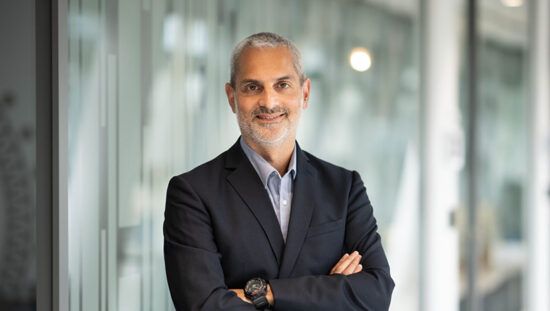A solid understanding of fund manager’s ‘DNA’ is vital to effectively select environmental, social and governance (ESG) funds because of the lack of standardisation in the sector, fund buyers believe.
“One of the biggest challenges we face when selecting ESG funds is putting together an accurate understanding of the analysis and criteria that underpin a group’s ESG ratings,” said Matthias Hänsel, a senior portfolio manager at W&W Asset Management.
“There are many standards and fund groups don’t have to report everything they do – they can pick and choose,” he said.
“A fund manager with a genuine ESG strategy has to make their ESG data available.”
Inconsistent standards
Solventis portfolio manager Pilar Cañabate shared the view that inconsistencies in ESG reporting standards among asset managers provided a significant challenge.
“There are many standards and fund groups don’t have to report everything they do – they can pick and choose.”
“Most asset managers do not explain their ESG criteria well enough,” Cañabate said. “In general, funds will explain their investment objective and brand themselves ESG’ – but not explain how.”
Cañabate added that she did not rely on fund rating systems, such as Morningstar, because of the lack of standardisation.
“It’s difficult for us to compare funds so we demand quantitative and qualitative reports from the fund managers to understand their ESG investment process,” she said.
Fund manager ‘DNA’
Hänsel said he used a similar qualitative approach to try to understand a fund manager’s ‘DNA’ – the systems and strategies that drive their portfolio construction process.
“We try to ask hard, deep questions and if the fund manager comes back with an insubstantive answer or is unable to provide material information then we know they’re doing some wishy-washy greenwashing,” he said.
He added that that no serious fund manager wanted to gain a reputation for green washing.
Hänsel said some fund managers like to claim they are best in a certain class – however that does not mean prove it’s a genuine ESG investment.
“For us ESG is more [about] going back to absolute criteria where companies are aware of ESG impact,” he said.
“We prefer smaller boutique asset managers, such as Germany’s Ökoworld, that do their own research and have been doing it for a long time.
“As they are boutique they really know what they’re doing – they are not doing it because everyone else is doing it.”
– This article first appeared on ESG Clarity’s sister title Expert Investor.








